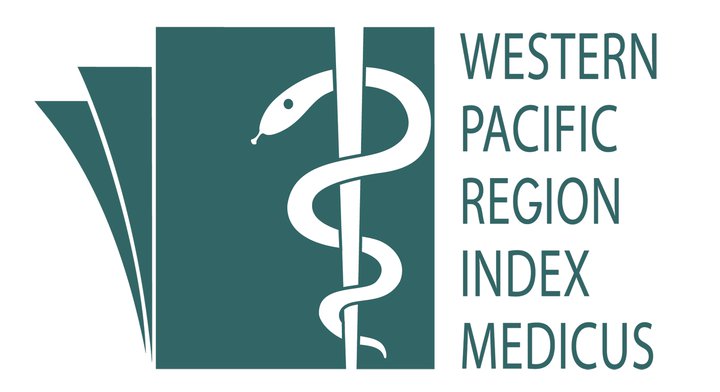Prevalence and factor(s) associated with smoking cessation among elderly in Malaysia- A findings from the population-based study
Abstract
Introduction: The information of prevalence and associated factor(s) with smoking cessation among the elderly will assist in formulating the suitable policies and reducing the mortality among Malaysian elderly due to smoking-related diseases. This paper aims to describe the prevalence and factor(s) associated with smoking cessation among Malaysian elderly.
Methods: We carried out the population-based study using the cross-sectional study design and a sample size of 2,674 respondents obtained via a multistage sampling method. Validated questionnaire and face-to-face interviews approach were the methodologies employed to collect data from the selected respondents. The interview was conducted by trained enumerator using a standardized and validated questionnaire. Descriptive and multiple logistic regression were used in data analysis.
Results: The present findings demonstrated that almost 1 out of 10 of Malaysian elderly are current smokers. The prevalence of smoking was significantly higher among men (28.1%) compared to women (2.9%). Multivariable analysis showed that males and other ethnicities were less likely to cease smoking, while those with advancing age were more likely to stop smoking compared to the younger-aged elderly. Based on multivariate analysis, diabetes, hypertension and hypercholesterolemia were not significant factors associated with smoking cessation.
Conclusions: The study has shown a low proportion of Malaysian elderly is ex- smoker. Suitable measures and programmes should be formulated and implemented to increase the quit smoking rate among them and subsequently to increase the quality of life by reducing the burden of smoking-related disease among the Malaysian elderly.
Downloads
Published
How to Cite
Issue
Section
License
IJPHR applies the Creative Commons Attribution (CC BY) license to articles and other works we publish. If you submit your paper for publication by IJPHR, you agree to have the CC BY license applied to your work. Under this Open Access license, you as the author agree that anyone can reuse your article in whole or part for any purpose, for free, even for commercial purposes. Anyone may copy, distribute, or reuse the content as long as the author and original source are properly cited. This facilitates freedom in re-use and also ensures that IJPHR content can be mined without barriers for the needs of research.






